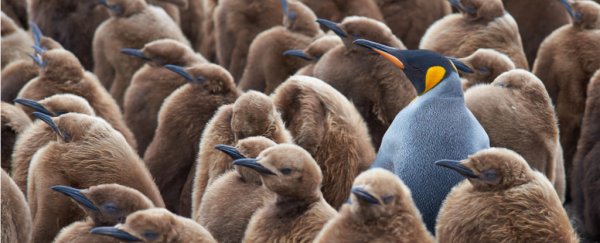Is devolution possible? Two verified experts answered this question on independent fact-checking platform Metafact.io. Both answered 'yes'. You can read one answer below.
The short answer is "yes," but that needs to be explained, because the concept of "devolution" is very misleading and makes assumptions about evolution that simply aren't true (it's not a term that I would recommend using).
The concept of "devolution" is built on the notion that evolution has a direction (thus, devolution occurs when evolution goes "backwards"), but evolution does not have a direction.
Natural selection simply adapts organisms to their current environment, and what is beneficial may change as the environment changes. Evolution is not going in a predetermined direction.
Let me use penguins to illustrate.
You could try to argue that penguins are an example of "devolution" because birds evolved the ability to fly, which penguins subsequently lost.
The problem is that describing that as "devolution" inherently assumes that flight is an endpoint that evolution is working towards, which is incorrect.
For penguins' early ancestors (i.e., the first birds), flight was beneficial and allowed them to maximize their reproductive fitness, so it was selected for.
In contrast, in penguins, flight was not advantageous, and it was better to be fat, so selection acted against flight, and features for living in cold environments evolved.
Thus, penguins didn't "devolve," they simply adapted to their new environment, and in that particular case, that meant losing a feature that had previously been beneficial.
So yes, complex features can be lost, but I wouldn't describe that as "devolution." It's just evolution doing its thing.
Donald McKnight is PhD candidate in ecology and evolution at James Cook University.
This expert response was published in partnership with independent fact-checking platform Metafact.io. Read all responses to the question here.
